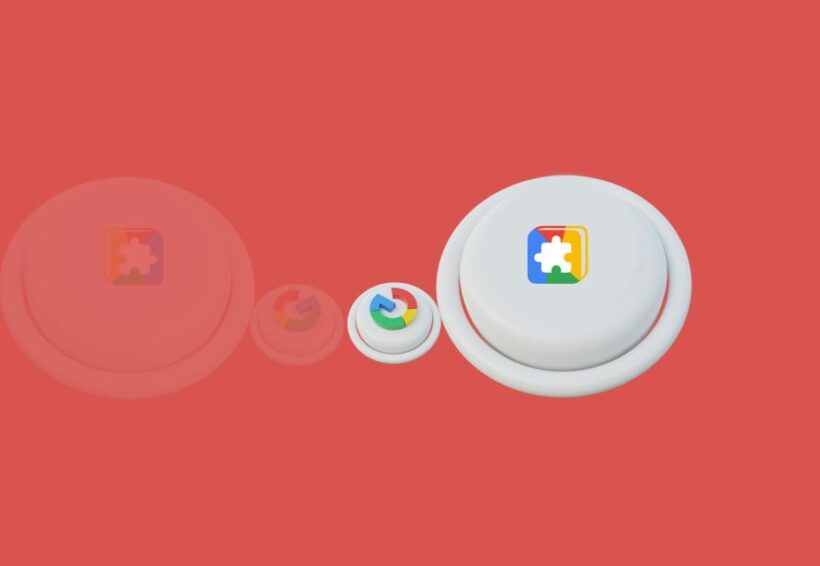If you’ve ever accidentally deleted an important file or watched in horror as your hard drive decided to quit on you, you’re not alone. Data loss happens to the best of us, and it’s one of those moments where panic and frustration collide. The good news? Free data recovery software for Windows can be a lifesaver, and yes, some of these tools are genuinely free and effective. Let’s dive into this topic and explore how you can rescue your precious data without breaking the bank.
Understanding Data Loss: Why It Happens and What to Do First
Before jumping into recovery tools, it’s essential to understand why data loss happens. It’s not just about accidental deletions (although those are common). Data loss can occur due to:
- Hardware failure (hard drives, SSDs, USB drives, etc.)
- Software crashes
- Virus attacks
- Corrupted files
- Formatting or partitioning errors
When disaster strikes, here’s your first rule of thumb: stop using the affected drive immediately. Every action—even downloading recovery software to the same drive—can overwrite your lost files, making recovery much harder. Always use a different device or partition to download and install recovery tools.
What Is Free Data Recovery Software for Windows?
Free data recovery software is designed to help you retrieve deleted, lost, or corrupted files from your Windows PC. Whether it’s a Word document, photos, videos, or entire folders, these tools work by scanning your drive for “raw” data fragments that haven’t been permanently overwritten. Some programs even handle complex issues, like recovering formatted or RAW drives.
Let’s break down some of the best free options available—the tools that I’ve personally tested (yes, I’ve been there) and found effective.
Top Free Data Recovery Software for Windows
1. Recuva
Recuva is like the Swiss Army knife of data recovery software. Developed by Piriform (the same company behind CCleaner), this tool is user-friendly, lightweight, and surprisingly powerful.
Key Features:
- Recovers photos, documents, videos, and more
- Deep scan mode for tough-to-find files
- Simple interface with step-by-step guidance
- Works on hard drives, USBs, memory cards, and even damaged disks
Why I Recommend It: Recuva’s free version offers robust recovery features without sneaky paywalls. I once recovered an entire batch of vacation photos from an accidentally formatted SD card—no technical wizardry required.
Drawback: Its effectiveness drops if the files have been overwritten or if the drive is heavily fragmented.
2. EaseUS Data Recovery Wizard Free
EaseUS is a big name in the data recovery world, and for good reason. Their free version allows you to recover up to 2GB of data, which is often enough for smaller recovery tasks.
Key Features:
- Recovers files from formatted, RAW, and corrupted drives
- User-friendly interface
- Previews files before recovery
- Compatible with HDDs, SSDs, USBs, and more
Why I Recommend It: EaseUS is perfect for beginners who want an intuitive solution. Plus, the file preview feature saved me from recovering the wrong files (and wasting valuable recovery space).
Drawback: The free version’s 2GB limit might not be sufficient for recovering large files like videos.
3. Disk Drill
Disk Drill offers powerful data recovery capabilities and supports over 400 file formats. While the free version limits recovery to 500MB, it’s still worth mentioning for its advanced scanning algorithms.
Key Features:
- Supports NTFS, FAT32, exFAT, and other file systems
- Recovers data from internal and external drives
- Built-in data protection tools (like Recovery Vault)
Why I Recommend It: Disk Drill’s ability to scan and preview files is top-notch. The Recovery Vault feature acts as a preventative measure, which is a nice bonus.
Drawback: The free version’s 500MB cap feels restrictive, especially if you’re dealing with multiple files.
4. PhotoRec
PhotoRec is an open-source recovery tool known for its ability to recover files from nearly any storage device. While its text-based interface might intimidate some, its performance is outstanding.
Key Features:
- Supports a wide range of file formats
- Works on damaged or formatted drives
- Open-source and completely free (no data limits!)
Why I Recommend It: PhotoRec’s no-frills approach gets the job done. I used it to recover a corrupted USB drive that other tools couldn’t handle. Bonus: it’s free, with no sneaky upsells.
Drawback: The interface can feel outdated and overwhelming for beginners.
How to Choose the Right Tool for Your Needs
Not all data recovery tools are created equal, and choosing the right one depends on your specific situation. Here’s what to consider:
- Type of Data Lost:
- Small files like documents? Try Recuva or EaseUS.
- Media files like photos or videos? PhotoRec shines here.
- Drive Condition:
- For formatted or RAW drives, tools like EaseUS and Disk Drill are more effective.
- Experience Level:
- Beginners might prefer EaseUS or Recuva for their simple interfaces.
- Advanced users comfortable with technical setups should consider PhotoRec.
- Budget:
- Stick with free versions unless you need to recover large amounts of data. Many tools offer upgrades if you hit a limit.
Tips for Successful Data Recovery
- Act Fast: The longer you wait, the higher the chance of your data being overwritten.
- Use an External Drive: Always install recovery software on a separate drive to avoid overwriting lost files.
- Preview Files: Most tools let you preview recoverable files, so use this feature to save time and space.
- Backup Next Time: Invest in a reliable backup solution. Tools like OneDrive, Google Drive, or external hard drives can save you from future headaches.
Final Thoughts
Free data recovery software for Windows can feel like a lifeline when disaster strikes. Whether you’re dealing with a simple accidental deletion or a more complex drive failure, tools like Recuva, EaseUS, Disk Drill, and PhotoRec offer reliable solutions that don’t require a tech guru.
Remember, the key to successful recovery is acting quickly and using the right tool for the job. And once you’ve rescued your files, take it as a wake-up call to prioritize regular backups. Trust me, your future self will thank you!




